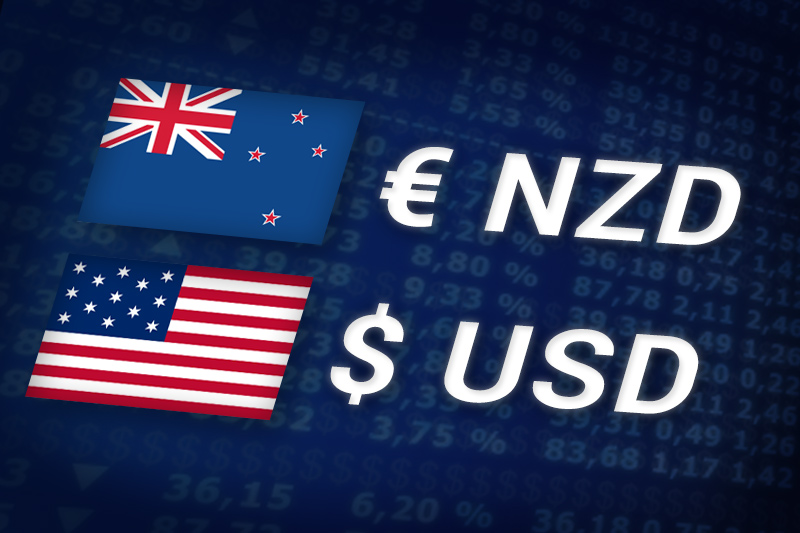Investing.com - The New Zealand dollar was steady against its U.S. counterpart on Tuesday, as Greece’s downgrade to 'selective default' by Standard and Poor’s overshadowed the approval by German lawmakers of a bailout for Greece.
NZD/USD hit 0.8388 during late Asian trade, the daily low; the pair subsequently consolidated at 0.8405, edging down 0.06%.
The pair was likely to find support at 0.8349, the low of February 24 and resistance at 0.8449, the high of September 5.
Sentiment slightly improved earlier after Germany’s parliament approved a EUR130 bailout package for Greece on Monday as German Chancellor Angela Merkel warned that pushing Athens out of the euro would risk “incalculable” damage.
But investor confidence remained under pressure after Standard & Poor's cut Greece’s long term credit rating to 'selective default', following the government's decision to add "collective action clauses" to its bonds.
These clauses compel bondholders to take part in debt restructuring if they refuse to accept a voluntary writedown on their holdings.
Both S&P and the Greek government said however that Greece’s rating is likely to be raised following the completion of the debt swap deal with private creditors.
Elsewhere, the kiwi was lower against the Australian dollar with AUD/NZD gaining 0.20%, to hit 1.2814.
Later in the day, the U.S. was to produce official data on durable goods orders, as well as industry data on house price inflation and consumer confidence.
NZD/USD hit 0.8388 during late Asian trade, the daily low; the pair subsequently consolidated at 0.8405, edging down 0.06%.
The pair was likely to find support at 0.8349, the low of February 24 and resistance at 0.8449, the high of September 5.
Sentiment slightly improved earlier after Germany’s parliament approved a EUR130 bailout package for Greece on Monday as German Chancellor Angela Merkel warned that pushing Athens out of the euro would risk “incalculable” damage.
But investor confidence remained under pressure after Standard & Poor's cut Greece’s long term credit rating to 'selective default', following the government's decision to add "collective action clauses" to its bonds.
These clauses compel bondholders to take part in debt restructuring if they refuse to accept a voluntary writedown on their holdings.
Both S&P and the Greek government said however that Greece’s rating is likely to be raised following the completion of the debt swap deal with private creditors.
Elsewhere, the kiwi was lower against the Australian dollar with AUD/NZD gaining 0.20%, to hit 1.2814.
Later in the day, the U.S. was to produce official data on durable goods orders, as well as industry data on house price inflation and consumer confidence.
